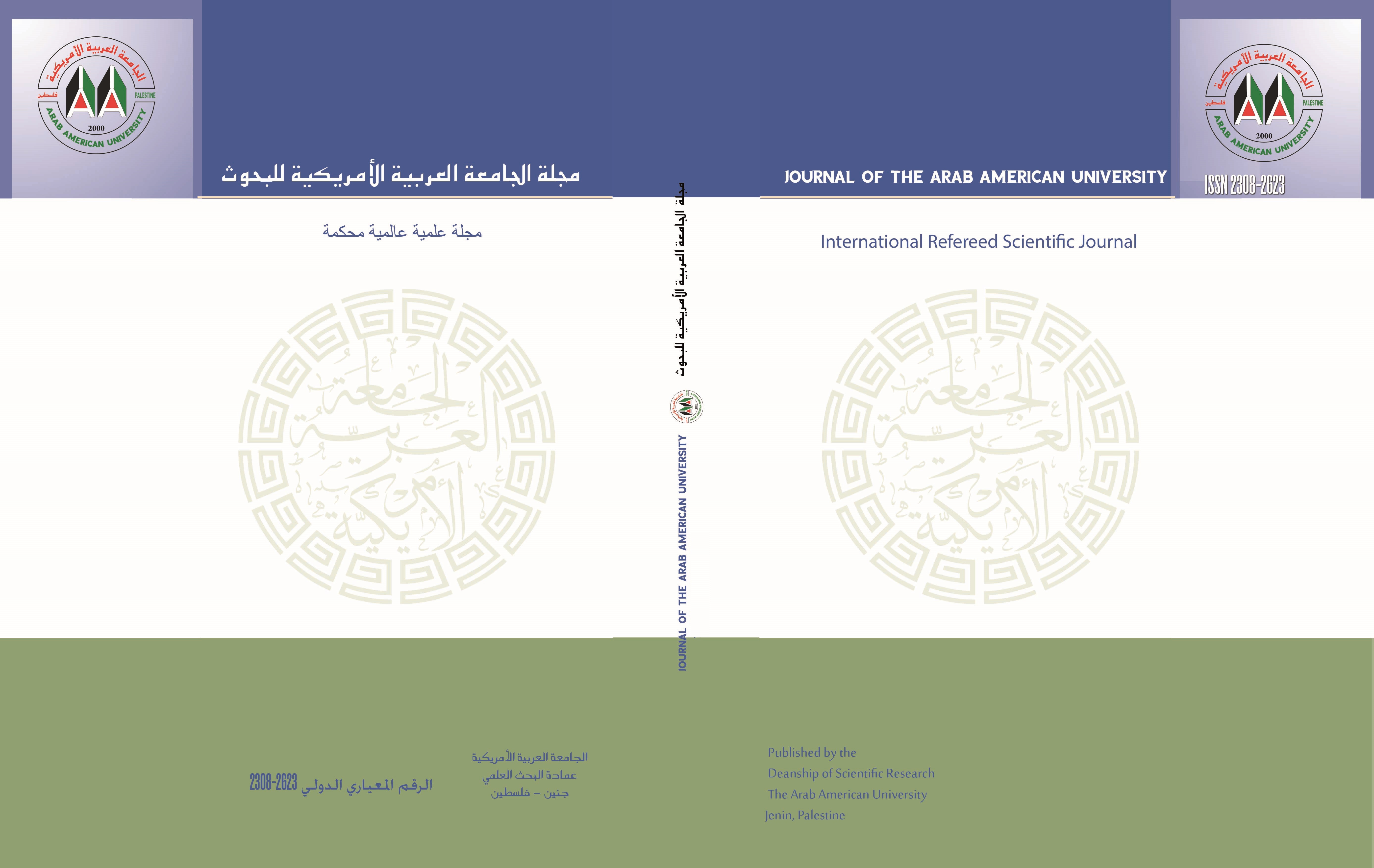Journal of the Arab American University مجلة الجامعة العربية الامريكية للبحوث

Abstract
The purpose of this study was to identify the need and level of satisfaction of practicing occupational therapists and students in the Arab world about the Arabic content of the occupational therapy profession, identify difficulties and making recommendations to enhance and enrich the Arabic content in occupational therapy. An online survey was completed by 137 participants from 10 Arab countries, 79.6% were female and 96.4% were in the 18-42 age group. 62% reported that English is the language of occupational therapy references that they have been using, and more than 36% reported that they face various challenges and difficulties in communicating with patients and their families in Arabic language, such as the difficulty of translating some scientific terms, formulating goals, and explaining the treatment plan in a simplified manner. Over 70% expressed a low satisfaction with the Arabic content currently available and more than 92% agreed that there is an urgent need to enrich the Arabic content of the occupational therapy profession. More than 96% expressed a high interest in obtaining Arabic content in occupational therapy. Results of this study confirm the importance of enhancing the Arabic content of occupational therapy, the need to find solutions to overcome challenges and develop strategic plans within executable goals, and to encourage researchers and specialists in the field of occupational therapy to publish research papers in our mother tongue, the Arabic language, in refereed Arab journals, which will help deliver the information to the largest possible segment of Arab readers. We hope this will facilitate the process of communication between specialists and the Arabic-speaking beneficiaries by creating a unified common language that is simple, easy to understand and would improve the quality of occupational therapy services provided and the degree of satisfaction in our beloved Arab region. This study highlights a wide range of recommendations to enrich the Arabic content of occupational therapy, which we hope will have clear positive impacts on practice, education, research and the continuity of Arabic literature, research, and translation initiatives on a larger scale.
Recommended Citation
Sarsak, Hassan Izzeddin
(2023)
"Enriching Arabic Content in Occupational Therapy: Cross-Sectional Study,"
Journal of the Arab American University مجلة الجامعة العربية الامريكية للبحوث: Vol. 9:
Iss.
2, Article 1.
Available at:
https://digitalcommons.aaru.edu.jo/aaup/vol9/iss2/1

